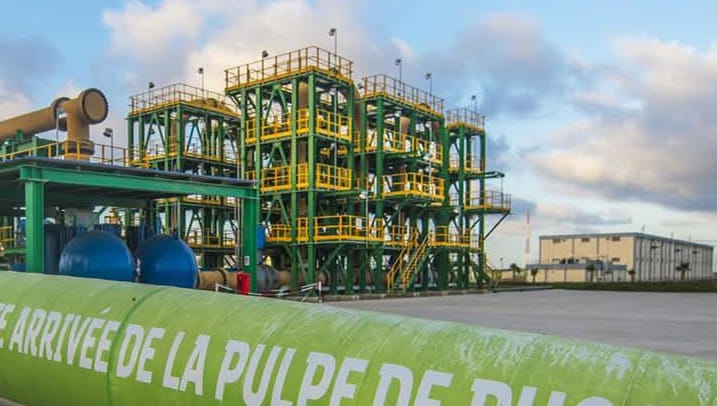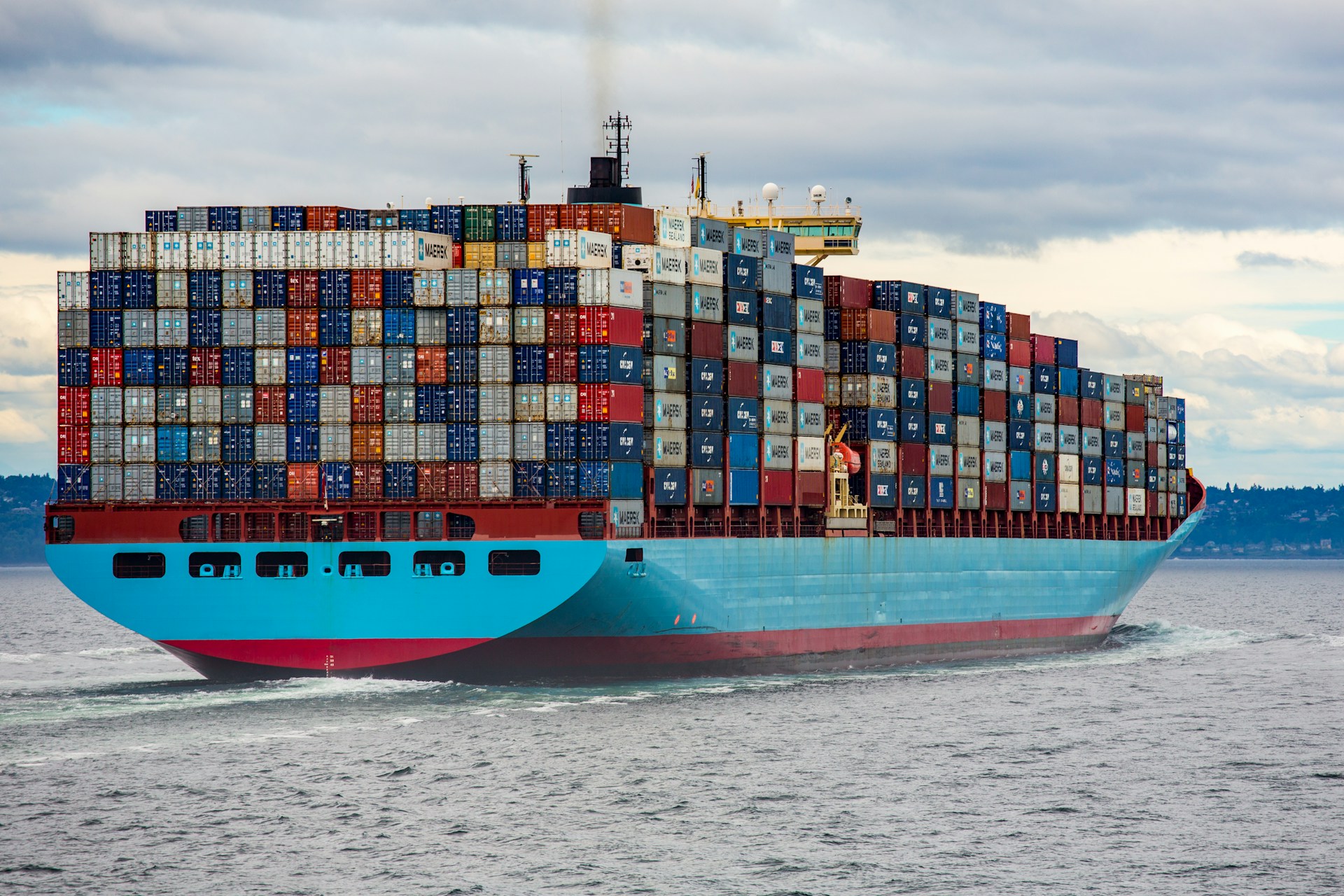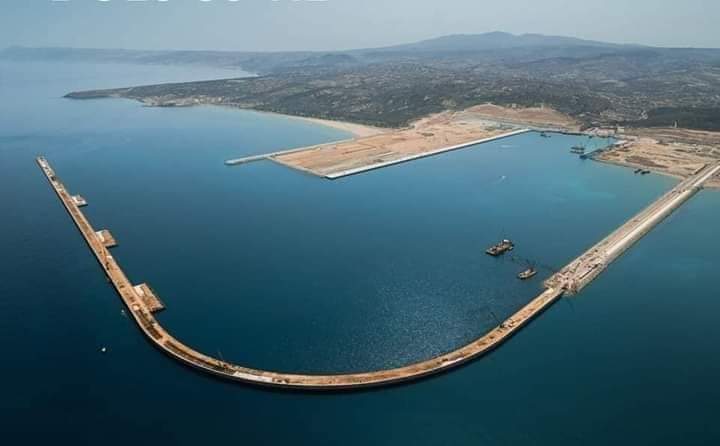Casablanca – In a major move to strengthen its leadership in the global fertilizer market, OCP Nutricrops, a subsidiary of the OCP Group, has unveiled a strategic investment to increase its fertilizer production capacity by 9 million tons by 2028. This initiative is part of the company’s SP2M (Strategic Program Mzinda-Meskala), which aims to build two new mining and industrial hubs in Mzinda (Youssoufia) and Meskala (Essaouira) in Morocco. With production set to rise by 4.5 million tons as early as 2026, this ambitious project is designed to meet the surging global demand for fertilizers, especially customized ones like TSP and TSP+.
What sets this investment apart is its commitment to sustainability. The new facilities will be powered entirely by renewable energy sources, including solar and wind power. Additionally, they will make use of advanced water management technologies, such as desalination and wastewater treatment, to reduce dependency on conventional water sources. This focus on green energy and resource optimization aligns with OCP Nutricrops’ broader commitment to ecological transition, reflecting the company’s ongoing efforts to lower its carbon footprint and contribute to sustainable agricultural practices.
“We are confident that these new industrial assets will set a global standard in the fertilizer industry,” said Youssef El Bari, CEO of OCP Nutricrops. “This is not just about expanding our production capacity; it’s about offering sustainable growth solutions that support farmers worldwide and help meet the growing demand for fertilizers in a changing global landscape.”
The SP2M program is central to the OCP Group’s growth strategy. Beyond increasing production, it focuses on strengthening the competitiveness of OCP Nutricrops in the phosphate fertilizer market while also positioning the company as an industry pioneer. With a clear goal of achieving carbon neutrality by 2040, the project underscores OCP’s commitment to reducing its environmental impact while continuing to meet the evolving needs of global agriculture.
But the impact of the Mzinda and Meskala hubs extends beyond industrial development. These new sites are expected to play a crucial role in driving regional economic growth and creating sustainable opportunities for local communities. The SP2M program works in collaboration with prominent institutions such as the Mohammed VI Polytechnic University (UM6P), INNOVX, and JESA, all focused on developing local talent, encouraging innovation, and promoting circular economy practices. This integrated approach aims to build a thriving industrial ecosystem that benefits both local communities and the environment.
Abdelghani Filali, Managing Director of the SP2M program, highlighted the importance of these initiatives for both Morocco and the global agricultural community: “The Mzinda and Meskala projects are a reflection of our ambition to transform these regions into global hubs of competitiveness, while creating long-term, sustainable opportunities for local communities.”
Through this innovative approach, OCP Nutricrops is setting a new benchmark for how large-scale industrial projects can drive both economic development and environmental sustainability. The SP2M initiative demonstrates how technological innovation, sustainability, and industry leadership can combine to create a positive impact, not only on a global scale but also at the local level. As OCP Nutricrops continues to grow its fertilizer production capacity, it also plays a key role in the global effort to support sustainable agriculture, regenerate depleted soils, and reduce environmental pressures.
















